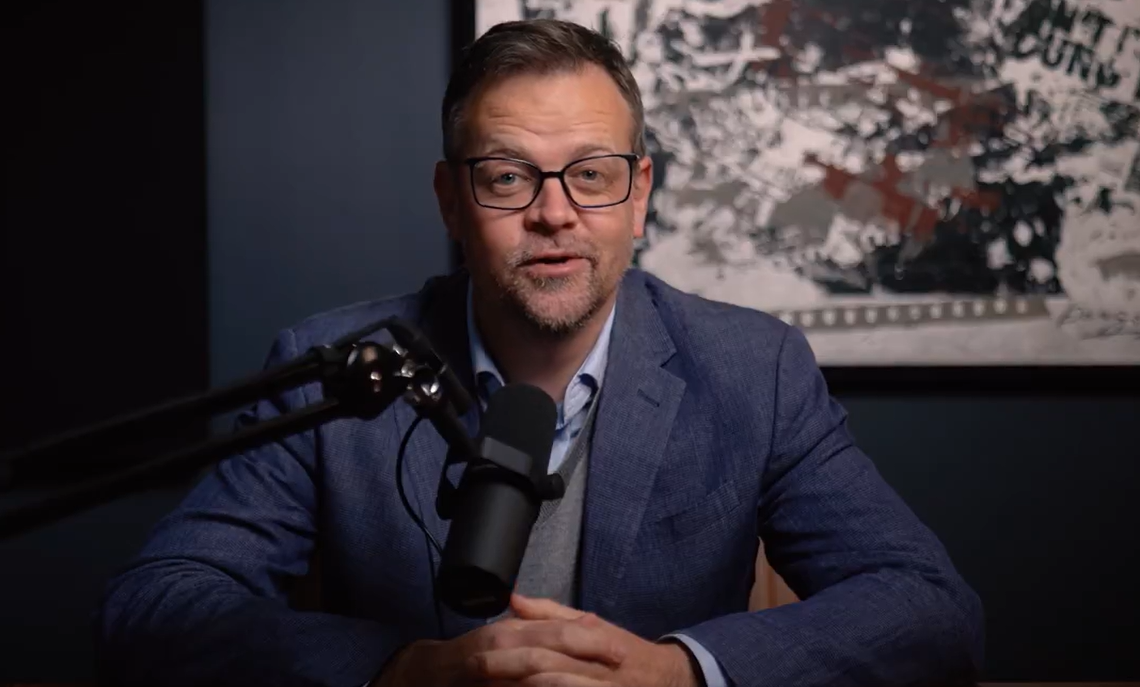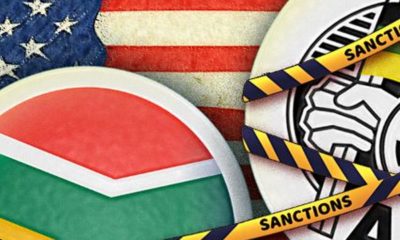News
Ernst Roets Sparks Outrage with Plans to Report South Africans over Charlie Kirk Posts

South Africa’s online debates just got a lot more heated. Ernst Roets, executive director of the think tank Lex Libertas (formerly Pioneer Initiative), has ignited a firestorm by proposing to track and report South Africans to their employers for social media posts that allegedly glorify the assassination of US right-wing activist Charlie Kirk.
We are investigating people in South Africa that are celebrating and inciting death and violence on social media. We will submit the relevant information to their employers. If you have information to share, write to us at [email protected]. pic.twitter.com/6DUHGpIacQ
Ernst Roets (@ErnstRoets) September 16, 2025
Tracking Social Media for Consequences
According to Roets, his preliminary study found a spike in “glorification of murder, death threats, and incitement of violence” in the wake of Kirk’s death. He argued that employers should be informed so they could take “appropriate action” if needed.
“There should be consequences for the celebration and incitement of violence. Whether disciplinary action is taken is up to employers to decide. Yet appropriate action can only be taken if employers have access to the relevant information,” Roets said.
Roets framed the initiative as part of Lex Libertas’ broader mission to promote political decentralisation and self-governance in South Africa.
@mamagotdis The dog whistles are going off an no one is paying attention… #charliekirk #southafricatiktok🇿🇦 #ernstroets ♬ original sound – Mamagotdis
Backlash Hits Hard
But not everyone agrees. Former Member of Parliament Phumzile van Damme didn’t hold back, calling Roets the “mourning police of South Africa” and questioning his authority to police citizens’ reactions online.
“A se mo States mo (We are not in the states). We have proper free speech here in South Africa, you can pretty much say what you feel and no right-wing grifter will stop you. As long as it isn’t hate speech, no one can bully you with silly legal threats. Poppycock,” Van Damme tweeted, reflecting widespread online ridicule.
@je_suis_mjk Let’s be clear, there is a difference between inciting violence and free speech but the latter seems to be threatened too. Last time I checked, this is South Africa. M Who the hell there’s a guy think he is? Also, this is called doxing and very much illegal. #foryoupage #fyp #fypシ゚ #southafrica ♬ original sound – | Nikki Rossi |
Free Speech vs Workplace Accountability
Legal expert Bonga Dlulisa explained the constitutional balancing act at play. While Section 16 of the South African Constitution protects freedom of expression, rights are not absolute. They can be limited when they infringe on dignity, equality, or safety.
“Employees’ conduct on social media may have workplace consequences if it affects the employer’s reputation, the employment relationship, or the rights of other employees,” Dlulisa said. “Incitement, even if unintentional, could warrant disciplinary action.”
However, Dlulisa noted that simply sharing a public post should not breach the Protection of Personal Information Act (POPI), raising questions about Roets’ approach.
Activists and Commentators Respond
Activist Bianca van Wyk questioned whether Roets’ plan was an attempt to punish South Africans for not mourning a conservative US commentator who had previously spread controversial claims about South Africa.
Author Gareth van Onselen accused Roets of hypocrisy, arguing that his approach to free speech is inconsistent and selectively applied. “Free speech is not a principle but a pragmatic weapon to be manipulated. He is happy to ‘dox’ or threaten when it suits him. Celebrating death is disgusting, but I’m afraid that is all it is,” Van Onselen said.
A Nation Debates Limits of Expression
Roets’ move has sparked a broader conversation about free speech, accountability, and the role of social media in South Africa. While some argue for consequences when posts incite violence, many fear that attempts to report individuals to employers could chill political expression and personal opinion.
As this debate rages online and in public spaces, one thing is clear: South Africans are questioning where the line should be drawn between protecting society and respecting freedom of speech.
{Source: IOL}
Follow Joburg ETC on Facebook, Twitter , TikTok and Instagram
For more News in Johannesburg, visit joburgetc.com



























